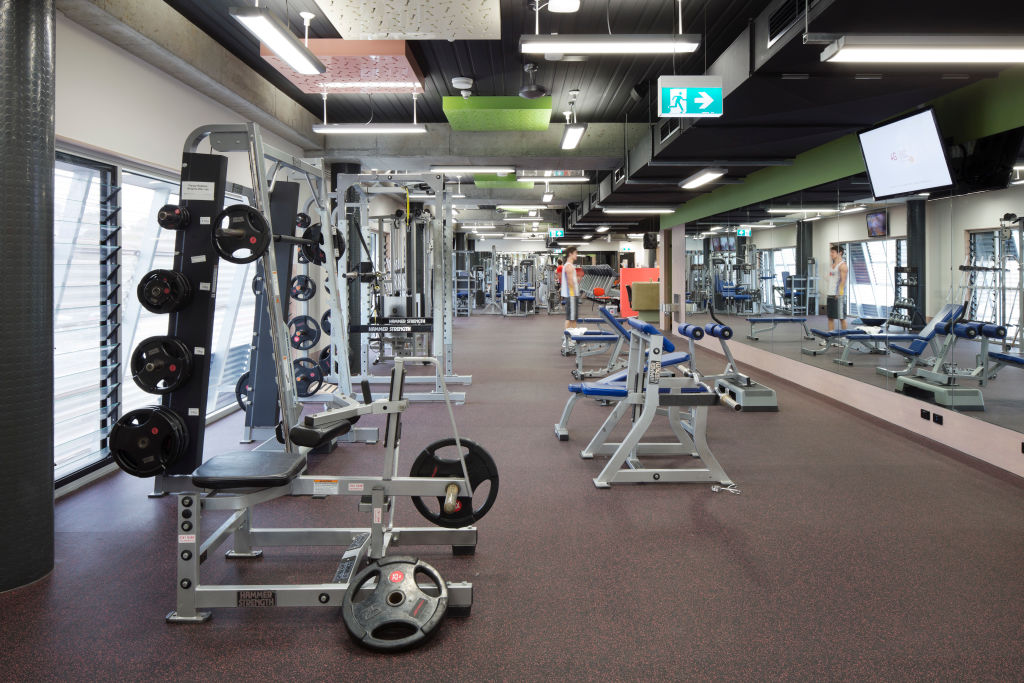Visit most gyms in 2023 and you’ll probably see a familiar sight in addition to treadmills, free weights and elliptical machines: mirrors as far as the eye can see. If you’re carefully monitoring your technique, you might find them to be an essential part of your workout. Alternately, it’s possible you might get ever-so-slightly distracted by that person reflected in the distance who looks like they might be your doppelgänger, at least until you realize that, no, it’s just your reflection.
However, what if the mirrors scattered throughout your gym actually made your technique worse? That’s the argument Kiley Price makes in a new article at Slate. Price points to a Brooklyn gym whose owner opted for minimal mirrors in the space. There’s a psychological reason for that: the idea that looking at one’s own reflection might make you feel worse about yourself as opposed to getting an upswing of positive thoughts.
As researcher Jeff Katula of Wake Forest University told Slate, there’s a kind of dissonance that may arise when mirrors are incorporated with exercise. “We naturally go through this self-evaluative process, whereby the ‘current self’ is compared to the ‘ideal self,’” he said. “Since most of us do not live in the ideal self, there’s a gap between the current self and the ideal self, and that gap creates discomfort.”
Welcome to the Era of the Miniature Workout
Strength training sessions are trending tinier than ever. We’re here for it.The article goes on to cite a 2014 study in which both men and women reported higher levels of stress when working out in spaces with mirrors. As the study’s authors wrote at the time, “Mirrors and posters of ideally fit celebrities did interact with gender on post-exercise tension in that women felt most tense after exercising in front of the mirror and posters while men were most tense after exercising in front of the mirror only.”
There’s also the argument that mirrors can be worse for form than one might think, since looking in a mirror might involve muscle groups that aren’t supposed to be in motion during a particular exercise. There are a few layers to the argument, but it’s not hard to make the case that mirrors can be a distraction from the primary goal of being in a gym in the first place.
Whether you’re looking to get into shape, or just get out of a funk, The Charge has got you covered. Sign up for our new wellness newsletter today.
